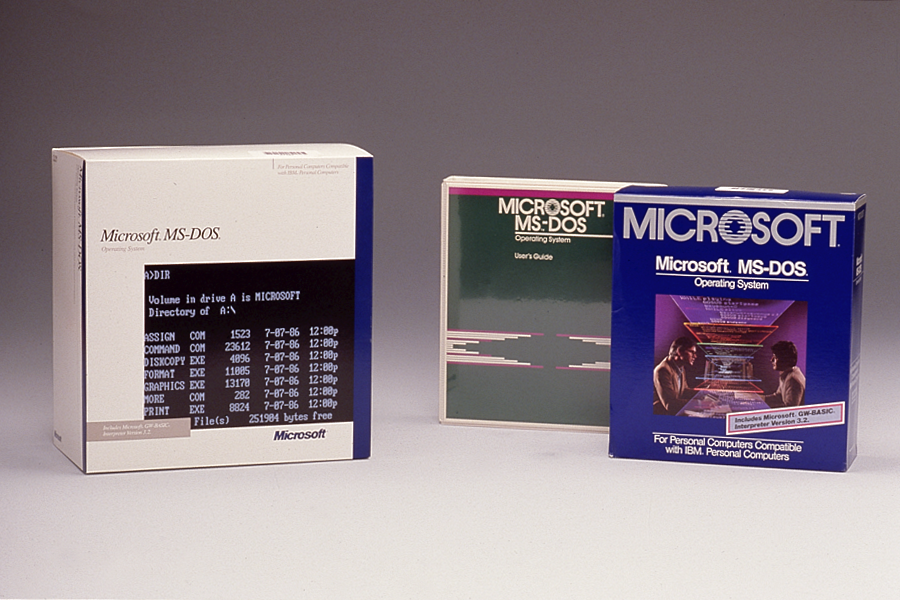
Microsoft with the help of the Computer History Museum has released the source code for MS DOS 1.1 and 2.0 and Word for Windows 1.1a. The code is now available to the public.
Microsoft Research managing director Roy Levin said today: “Thanks to the Computer History Museum, these important pieces of source code will be preserved and made available to the community for historical and technical scholarship,” It will definitely help coming generation better understand the concept of personal computing.
“MS-DOS and Word for Windows built the foundation for Microsoft’s success in the technology industry,” says Levin. “By contributing these source codes to the Computer History Museum archives, Microsoft is making these historic systems from the early era of personal computing available to the community for historical and technical scholarship”.
This source code joins other important programs also, including Adobe Photoshop 1.0 and Apple II DOS. Len Shustek, CHM chairman said, “We think preserving historic source code like [MS-DOS and Word] is key to understanding how software has evolved from primitive roots to become a crucial part of our civilization.”
MS Dos was initially released in August 1980 and Microsoft hired Paterson in May 1981, and then bought 86-DOS 1.10 for $75,000 in July, and renamed it MS-DOS. MS-DOS had just 300kB of source code and occupied as little as 12kB of memory.
Source code are available for download on the Computer History Museum’s website.
Image Credit: Robert Scoble
Related Posts...
TechnologiesWhat is New!
Nov 25th, 2025
Artificial intelligence has steadily moved from being a personal productivity assistant to becoming a powerful team collaborator. OpenAI’s latest feature—Group Chats in ChatGPT—marks one of the biggest steps yet toward […]
Read more
Sep 2nd, 2025
For years, creating digital content was all about one thing: pleasing search engines. If you ranked on Google, you won. Everything else—social shares, referrals, even conversions—usually flowed from that visibility. […]
Read more
Aug 28th, 2025
Grocery supply chains form the backbone of food distribution, ensuring products move from farms and manufacturers to store shelves and, increasingly, to customers’ doorsteps. Traditionally, these supply chains struggled with […]
Read more
